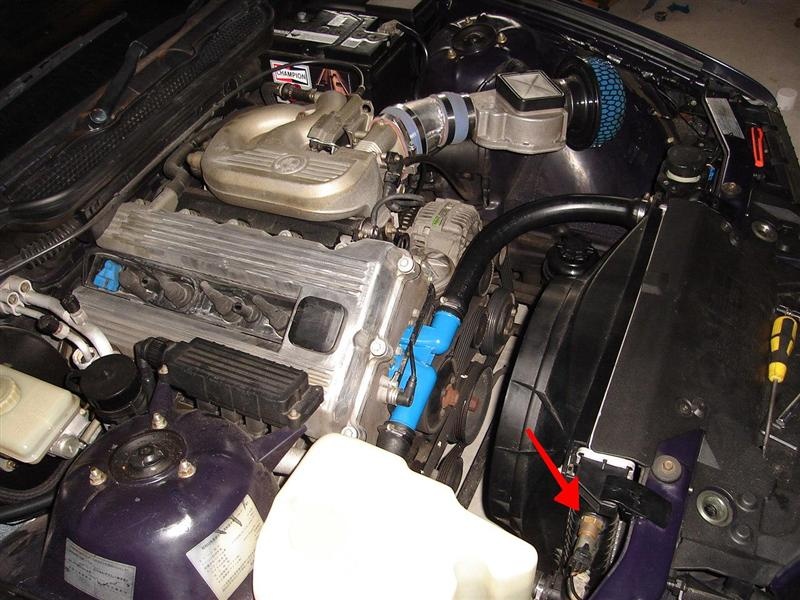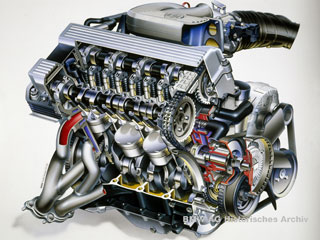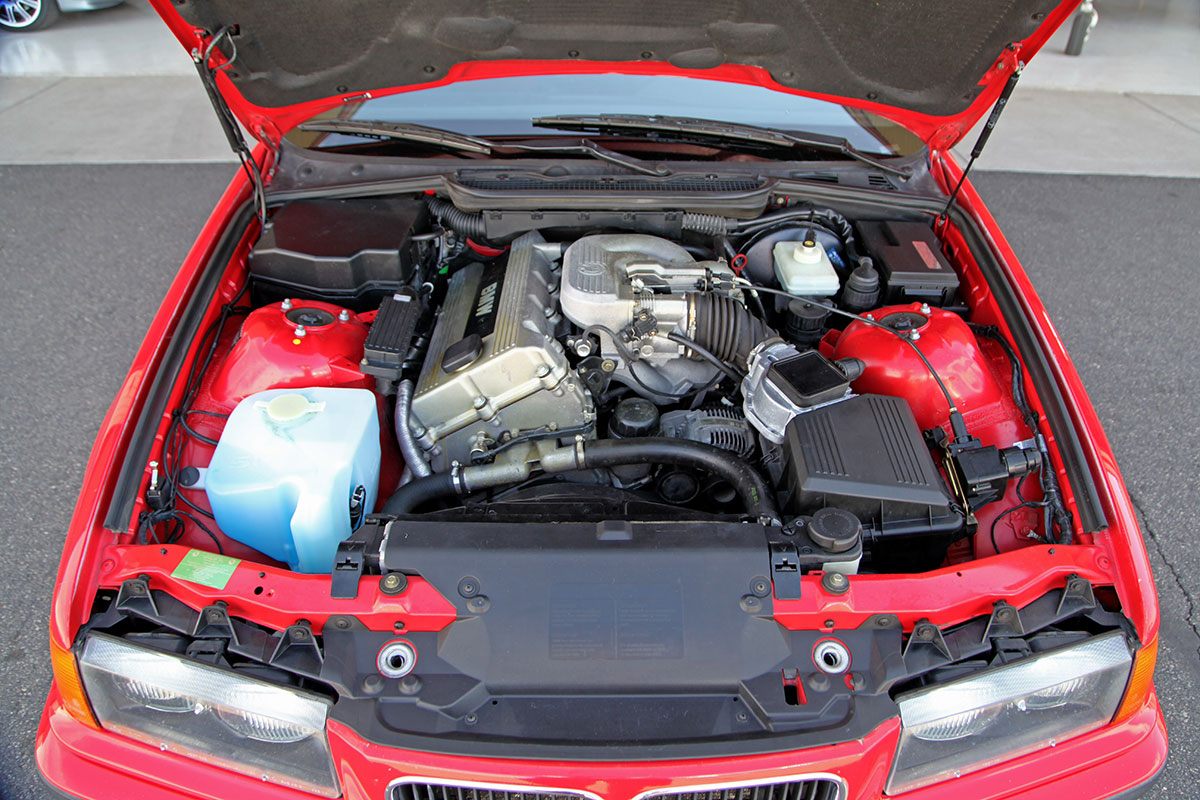Why the BMW 318ti Is a Leading Option for Cars And Truck Lovers
Why the BMW 318ti Is a Leading Option for Cars And Truck Lovers
Blog Article
Vital Factors To Consider for Choosing the Best Engine for Your Needs
In the realm of selecting the optimal engine to meet your needs, several important elements demand meticulous consideration to make sure optimum efficiency and efficiency. From the nuanced balance in between power and efficiency to the often-overlooked aspects of maintenance and service demands, each aspect plays a pivotal role in figuring out the most appropriate engine for your details demands.
Power and Efficiency
When examining engines for optimal performance, it is crucial to prioritize both power result and effectiveness. Power result gauges the capability of an engine to create energy, which directly affects its efficiency. A high power outcome is important for demanding jobs such as heavy-duty applications or high-speed demands. It makes sure that the engine can handle the work properly and effectively. Power alone is not sufficient; performance plays a significant role in establishing the total efficiency of an engine. Performance describes exactly how well the engine transforms fuel into functional energy. A more effective engine will certainly deliver far better gas mileage, lower emissions, and lowered operating expenses. Striking the best balance between power outcome and performance is essential to picking an engine that satisfies your particular needs. It is vital to take into consideration factors such as the intended usage of the engine, ecological influence, and long-lasting cost effects when making this choice. By meticulously assessing both power and performance, you can select an engine that delivers ideal performance and satisfies your requirements efficiently.
Gas Effectiveness and Economic Climate
Fuel effectiveness refers to the engine's capacity to transform gas right into power with marginal waste, directly impacting operating prices and environmental sustainability. Engines with greater fuel efficiency not only minimize fuel costs but likewise lower carbon exhausts, adding to a greener operation.

Compatibility and Application
Thinking about the gas efficiency and economic situation of an engine, the next vital facet to address is its compatibility and application within specific functional contexts. Compatibility refers to just how well the engine integrates with the overall system or tools it powers. It includes variables such as physical measurements, installing choices, electrical user interfaces, and control systems. Making sure compatibility is important to stop issues such as getting i loved this too hot, resonances, or power discrepancies (bmw 318ti).
Moreover, the application of the engine is equally essential. Different engines are made for particular objectives, whether it be industrial machinery, aquatic vessels, vehicles, or power generators. Recognizing the intended application enables the selection of an engine that can supply the necessary power output, torque, and operational features. A high-revving engine developed for performance autos would certainly not be suitable for heavy-duty building equipment that requires high torque at low rates.
Maintenance and Service Requirements
Upkeep and service demands play an essential role in ensuring the long life and optimum performance of an engine. Routine upkeep is vital to prevent break downs, prolong the life expectancy of the engine, and preserve its performance. When selecting an engine, it is vital to think about the producer's recommended maintenance timetable and the schedule of solution facilities or qualified specialists.
Variables such as the frequency of oil adjustments, filter substitutes, and overall inspections can considerably impact the engine's efficiency. Some engines may need even more constant servicing based on their design and usage, while others might have longer periods in between upkeep checks. It is important to stick to these solution demands to avoid costly repairs and unexpected downtime.

Cost and Budget Plan Factors To Consider
When choosing an engine for a particular application,Budget restraints typically play a significant duty in the decision-making process. When considering the expense and spending plan effects of picking an engine, it is crucial to assess not only the preliminary acquisition price yet likewise the lasting expenses connected with upkeep, fuel usage, and possible upgrades or repair services. It is critical to strike a balance in between the ahead of time cost of the engine and its total lifecycle prices to guarantee that the picked engine continues to be monetarily lasting throughout its operational life-span.
Factors such as fuel durability, reliability, and performance can straight affect the complete cost of possession of an engine. While a more expensive engine may have greater upfront costs, it could possibly result in lower maintenance and fuel expenditures over time, thus supplying better worth in the long run.
Final Thought

Fuel performance refers to the engine's ability to convert gas right into energy with minimal waste, straight influencing operating costs and environmental sustainability.Elements influencing fuel efficiency consist of engine layout, burning efficiency, and overall efficiency optimization. Additionally, picking the appropriate fuel kind and grade as suggested by the engine supplier can further improve efficiency and extend engine life expectancy.
Engines with great utility features and conveniently offered components can minimize upkeep expenses and minimize the time the engine is out of operation - bmw 318ti. It is critical to strike an equilibrium between the in advance cost of the engine and its overall lifecycle expenses to guarantee that the picked engine continues to be economically sustainable throughout its operational lifespan
Report this page